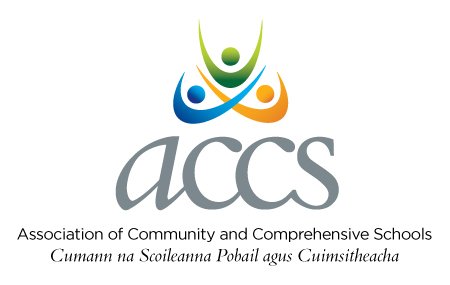8. Monitoring of Teacher Allocations and Budgets
Last updated: Tue, Sep 20th, 2016 11:35:17 am
8.1 TEACHER ALLOCATIONS
Expenditure on authorised permanent, CID, temporary, regular part-time teachers and part-time teachers(Non-RPT) employed as part of the Approved Allocation of teaching staff for wholetime day courses on behalf of the Board continues to come within the Department's own internal control and monitoring procedures.
Under no circumstances should the Approved Allocation of teaching staff be exceeded. It is the responsibility of the Board of Management to ensure that over utilisation does not occur.
8.2 NON-TEACHING STAFF
School Division (Athlone) will continue to monitor non-teaching staffing. The regular completion and submission of the annual census for non-teaching staff is essential in this regard.
8.2.1 SPECIAL NEEDS ASSISTANT (SNA)
The National Council for Special Education (NCSE) decides on each school’s requirement for SNAs. This information is conveyed to the Department’s SNA Payroll Section.
The appointment of Special Needs Assistants (SNAs) is a matter for the individual school authority, subject to agreed procedures, and must take account of all appropriate legislation. SNAs are paid from the central DES SNA Payroll section while notification of claims for substitute SNAs are notified through the OLCS system. Further information about the terms and conditions of employment for SNAs is available on the DES website. Circular 21/11 applies.
Schools are required to implement arrangements as per Circular 35/2016.
8.3 NON-PAY
In the case of all receipts and payments by the Board, it is the responsibility of the Board to establish its own system of monitoring to ensure that proper budgetary control mechanisms and procedures are in place to ensure that expenditure is planned, monitored and controlled so as to ensure that the approved financial allocation is not exceeded. In this regard, Boards are advised to draw up a preliminary budget at the commencement of each year outlining income and expenditure for the year for the school as a whole under all the various categories. This can be revised in light of final budget figures from the Department in June of each year.
Where individual school departments have particular needs e.g. class materials, budgets may then be allocated on the basis of projected needs, historical experience and having regard to available resources. Actual expenditure will be monitored against budget on a regular basis. Boards are also advised to set aside a contingency fund each year to meet unforeseen non-pay contingencies, which might arise during the course of the year. Schools will normally retain end year surpluses on non-pay.
Excesses over approved allocations are not permissible. Where it emerges that the approved allocation for the year is likely to be exceeded, appropriate measures should be instituted by the Board to curtail expenditure. The Department reserves the right to reduce the allocation for subsequent years, if it considers that the circumstances warrant such a course, or to take other appropriate action where the allocation is exceeded.
8.4 CAPITAL
Capital expenditure met by the Department, will continue to come within the Department's own internal control and monitoring procedures.

